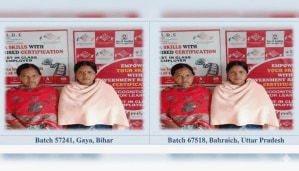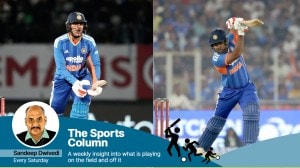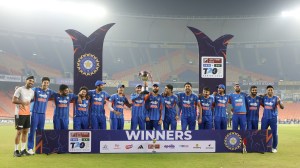Although no one in his family had a background in music, they quickly recognised the budding talent in young Sooraj and ensured he received the encouragement and support he needed. Beginning his musical journey while studying in Class 2, Sooraj Santhosh has since evolved into a celebrated singer, songwriter and composer, leaving a lasting impression not only in his native Malayalam but also in Tamil, Kannada and Telugu film industries, while seamlessly balancing the realms of independent music and playback singing.
Now, as he ventures into new territories, aiming to bring his music to wider and more diverse audiences, Sooraj is gearing up to perform at the ‘Kutty’ edition of the South Side Story event in Mumbai. The event will also feature performances by prominent names in India’s music scene, including Paal Dabba, Yung Raja, Vedan, Dopeadelicz and Baby Jean. For Sooraj, who strongly believes that art thrives on collective and collaborative effort, this event is particularly meaningful as it promises to shine a spotlight on independent music at a time when artistes across India are gaining recognition for their distinctive voices and innovative styles.

Cinema Anatomy | Mammootty’s problematic Valyettan is back in theatres: Why are we still reviving, re-celebrating past blunders?
In an exclusive conversation with SCREEN, Sooraj opened up about the transformative power of art, drawing inspiration from those who paved the way before him. He also shared his thoughts on the current state of indie music in India, his personal journey, political views, his excitement for the South Side Story event and more.
Q) As an artiste, how do you think events like South Side Story influence the cultural landscape of society?
Sooraj Santhosh: Such festivals are vibrant celebrations of art, offering an opportunity to immerse oneself in the music, cuisine and creativity of diverse cultures and styles. They also provide a unique platform to connect with others, fostering new friendships and shared experiences. Isn’t it a wonderful feeling to discover fresh perspectives and explore new forms of art? At its core, art is about the collective growth and enrichment of society and culture, and events like these play an essential role in that journey.
 Sooraj Santhosh will perform at the ‘Kutty’ edition of the South Side Story event in Mumbai on Dec 14.
Sooraj Santhosh will perform at the ‘Kutty’ edition of the South Side Story event in Mumbai on Dec 14.
While the global music scene continues to flourish, what is your perspective on the music industry in India? Are we still predominantly centred around playback singing or is independent music starting to make its mark?
Story continues below this ad
In India, film music continues to dominate as the most popular form of music, largely because it is heavily marketed and deeply embedded in our cultural and social fabric. People often associate their favourite songs with movies, making playback music the mainstream choice. However, independent music is steadily gaining attention. A growing number of artistes from various parts of India are emerging with unique voices and fresh styles. Venues and platforms dedicated to indie music are providing the exposure these artistes need and audiences are beginning to appreciate this diversity. Interestingly, the work of independent musicians is also being featured in films, bridging the gap between the indie and film music worlds. While there’s still a long way to go, this shift signals a promising future for India’s independent music scene.
When did you realise that music was your true calling? At what point did you decide to turn your passion into your profession?
I’m not from a musical family, but my parents noticed my interest in music when I was in second grade. They enrolled me in music classes and that’s where my journey began. My school was very supportive and I had friends who shared the same passion too. Together, we formed a band, which helped me grow as a musician. In college, I joined multiple bands and participated in university-level competitions. These experiences gave me valuable exposure and helped me realise that music could be more than just a hobby — it could become my career. To pursue this dream, I moved from my hometown to Chennai, hoping for better opportunities. It wasn’t easy at first, but with time and persistence, things began to fall into place.
 For Sooraj Santhosh, art has always been and will always be a collective, collaborative effort.
For Sooraj Santhosh, art has always been and will always be a collective, collaborative effort.
You’ve been open about your political views, which align with progressive, Left ideologies. Has this ever impacted your career? Have you ever felt sidelined for being “political”?
Story continues below this ad
I believe every artiste is inherently political. Having an opinion or a viewpoint on the events around us defines our politics. There’s no such thing as being completely “apolitical.” As artistes, we should amplify the voices of those whose opinions are ignored and stand against oppression in any form. You can’t always focus solely on what benefits you personally. True progress comes when we care about and act for the well-being of others. Progressive, Left ideologies resonate with me because they challenge power structures, question the status quo and actively oppose injustice. Asking questions and resisting oppression is essential to fostering a just society.
As for whether my political views have impacted my career, I’m not sure if I’ve been sidelined for being vocal. However, when I look at history, I draw inspiration from those who made meaningful changes in society by thinking beyond themselves. Their courage proves that art can create powerful transformations.
What was the most important lesson you learned while positioning yourself as the “political musician”?
I don’t entirely relate to this question. Fundamentally, I’m a musician. While I have my own political beliefs and perspectives, I have never positioned myself as a “political musician.” I simply aim to create music and art for as long as I can.
Story continues below this ad
That said, I believe every musician — and every person — has their own politics, whether they openly express it or not. If an artiste is genuinely concerned about the world around them, those concerns will naturally be reflected in their work. At the same time, there are musicians who choose not to address such issues in their art and that’s their choice. That, too, is a form of politics. If my political beliefs happen to emerge through my work, it’s because they are a part of who I am — not because I’ve set out to adopt any particular label.
On stage, you’re directly engaging with the audience’s emotions, right? Whether it’s love or hate. What’s your most memorable live performance?
Every performance is unique in its own way, and I genuinely enjoy them all. That said, there are concerts where the audience is truly there to listen — to connect with what the artiste has to offer without any preconceived expectations. Performing for such attentive and receptive crowds is always a memorable experience and I’ve been fortunate to have many of those moments. I believe the South Side Story is going to be one of those special gigs and I’m really looking forward to it.
 Sooraj Santhosh says he believes every artiste is inherently political.
Sooraj Santhosh says he believes every artiste is inherently political.
What are some of your all-time favourite songs of yours?
Story continues below this ad
It’s hard for me to pick just a couple of songs. I truly enjoy creating new music and collaborating with others, as every song and project I’ve been a part of holds a special place in my heart. Each one represents a unique experience, making it nearly impossible to rank them or choose favourites. For me, the joy lies in the process of making music and constantly exploring new creative possibilities.


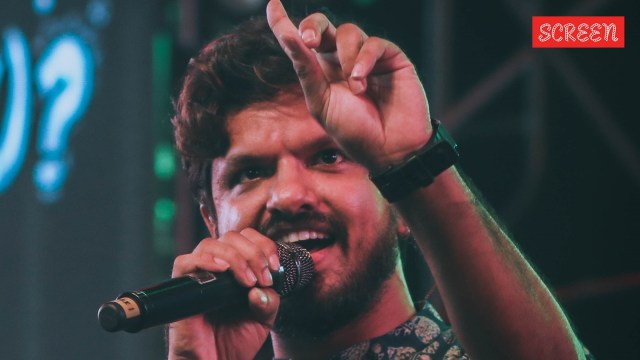

 Sooraj Santhosh will perform at the ‘Kutty’ edition of the South Side Story event in Mumbai on Dec 14.
Sooraj Santhosh will perform at the ‘Kutty’ edition of the South Side Story event in Mumbai on Dec 14.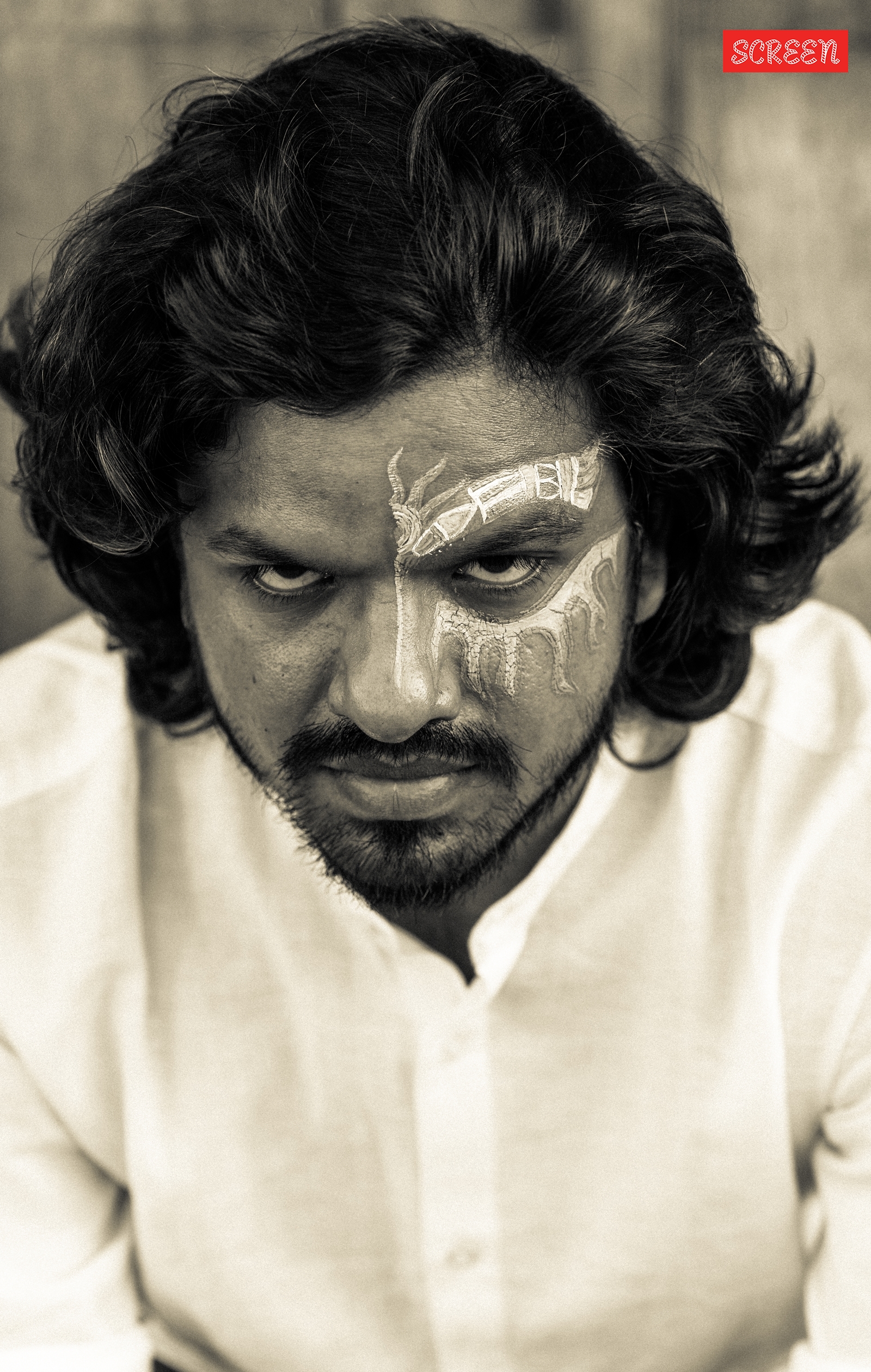 For Sooraj Santhosh, art has always been and will always be a collective, collaborative effort.
For Sooraj Santhosh, art has always been and will always be a collective, collaborative effort.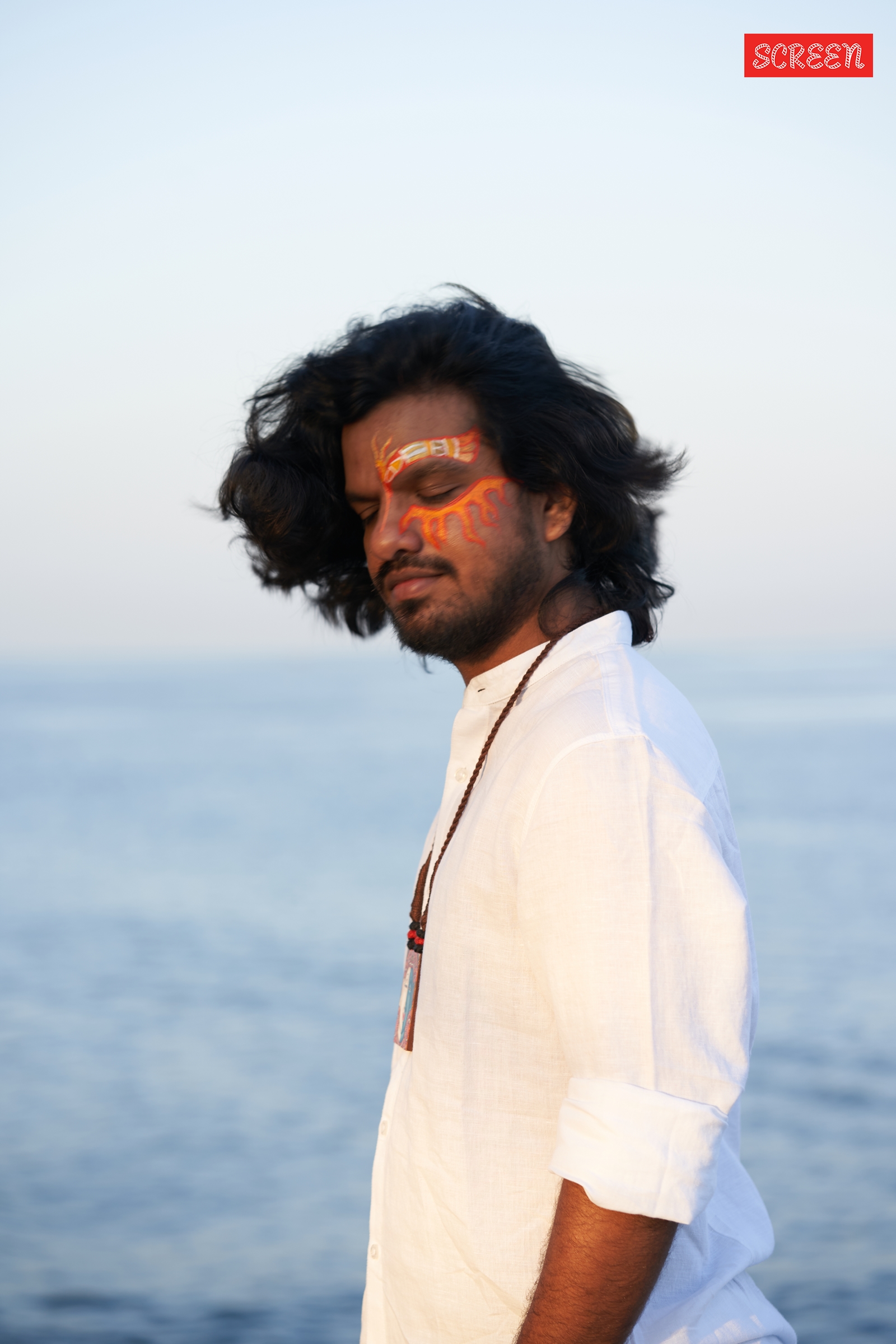 Sooraj Santhosh says he believes every artiste is inherently political.
Sooraj Santhosh says he believes every artiste is inherently political.













